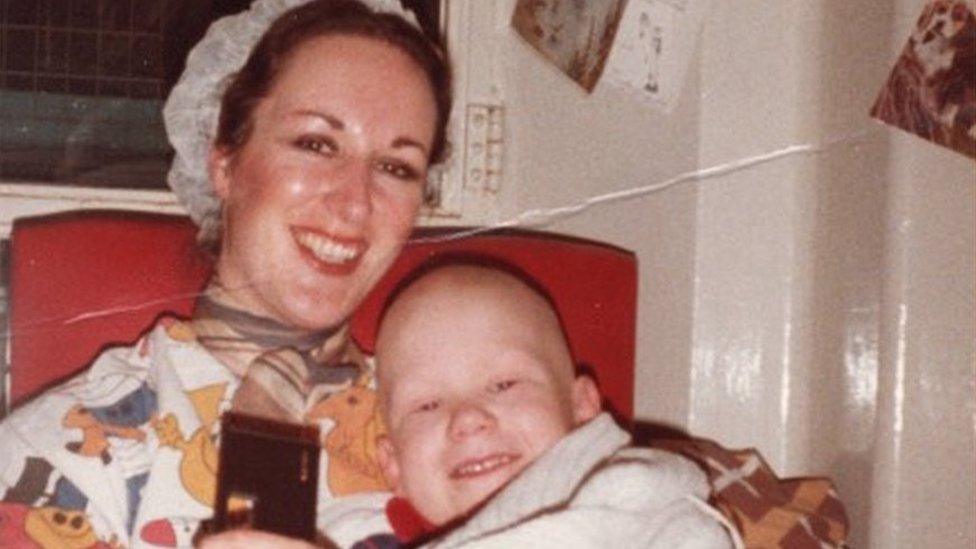Inquest for boy whose mum ended his life in 1981
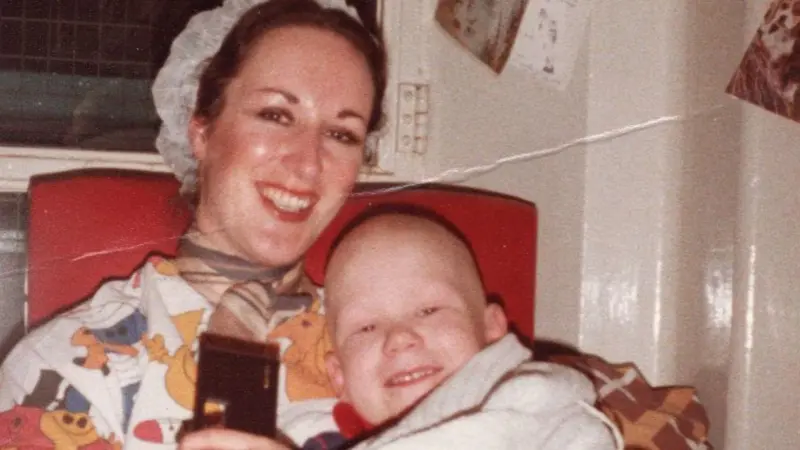
Antonya Cooper died from incurable cancer in July and her son Hamish died in 1981 after being diagnosed with neuroblastoma
- Published
An inquest has opened into the death of a terminally ill seven-year-old boy after his mother said she gave him morphine at home to "quietly end his life".
Antonya Cooper, from Abingdon, Oxfordshire, said her son Hamish had stage 4 cancer and was in "a lot of pain" before his death in December 1981.
She made the admission on BBC Radio Oxford in July as part of an effort to change the law on assisted dying, and herself died of incurable cancer days later.
Oxfordshire coroner Darren Salter opened Hamish’s inquest in Oxford and adjourned it until 5 February.
Hamish had neuroblastoma, a rare cancer that mostly affects children.
He was five when diagnosed and was initially given a prognosis of three months.
Following 16 months of "beastly" cancer treatment at Great Ormond Street Hospital, his life was extended but he was left in great pain, according to his mother.
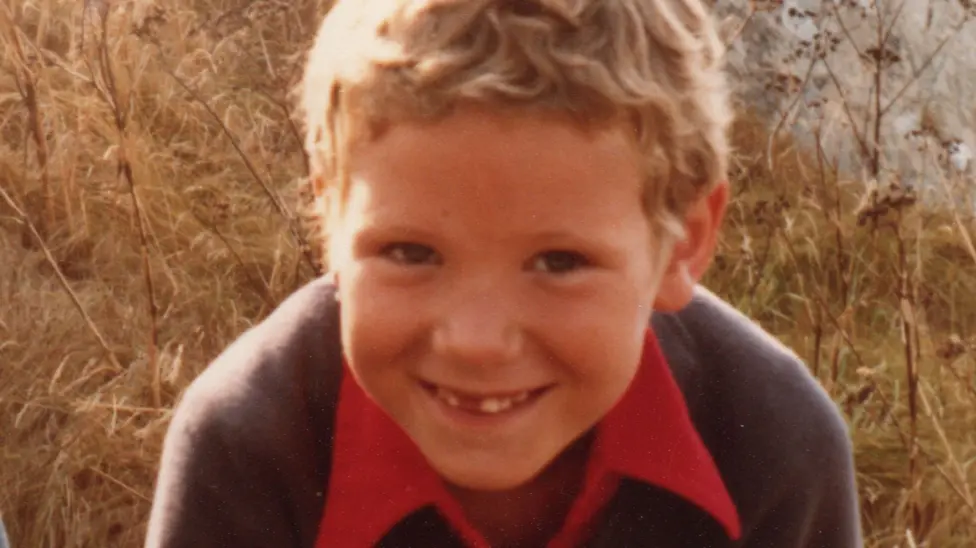
Hamish had been left in great pain following 16 months of cancer treatment, his mother said
She said: "On Hamish's last night, when he said he was in a lot of pain, I said: 'Would you like me to remove the pain?' and he said: 'Yes please, mama.'
"And through his Hickman Catheter, external, I gave him a large dose of morphine that did quietly end his life."
Police visited Mrs Cooper's home before her death but were unable to speak to her.
Assisted suicide - intentionally helping another person to end their life - and euthanasia - deliberately ending a person's life - are illegal in England.
Mrs Cooper, who helped launch Neuroblastoma UK, said Hamish had undergone 16 months of treatment at Great Ormond Street Hospital (GOSH) which "ruined parts of his body" but extended his life.
Seeing the side effects of the treatment had been heartbreaking, but she said GOSH staff had been "so embracing" and supportive.
Ms Cooper said Hamish's death had been like an "amputation" that she would "never get over", but helping launch the neuroblastoma charity had helped her cope.
Four decades after Hamish's death she was diagnosed with breast cancer, and then pancreatic cancer, which spread to her liver.
In July, the 77-year-old died "pain free, at home and surrounded by her loving family", her daughter Tabitha told the BBC.
Get in touch
Do you have a story BBC Oxfordshire should cover?
You can follow BBC Oxfordshire on Facebook, external, X (Twitter), external, or Instagram, external.
- Published24 October 2024
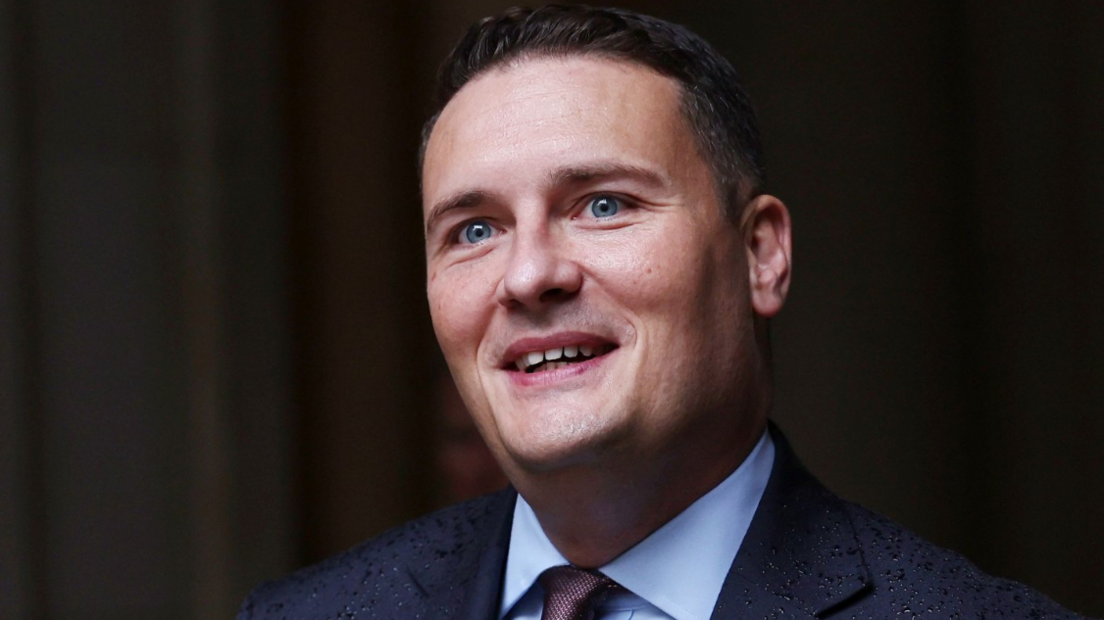
- Published3 July 2024
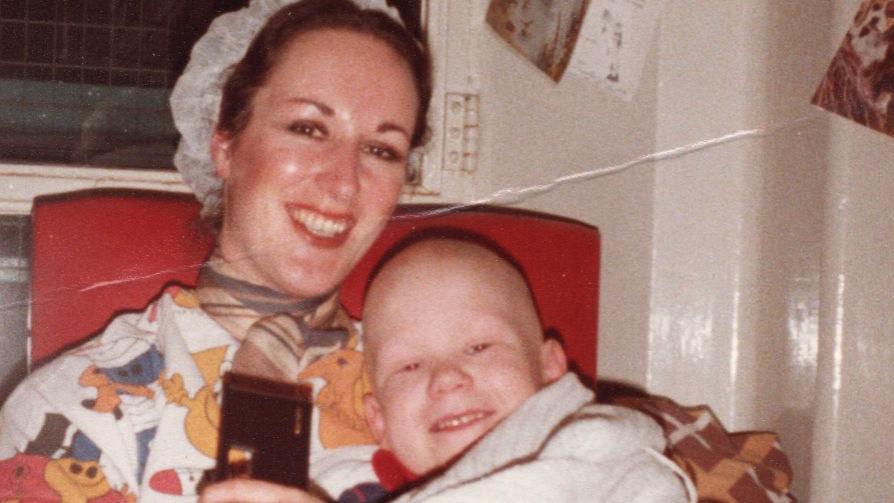
- Published1 July 2024
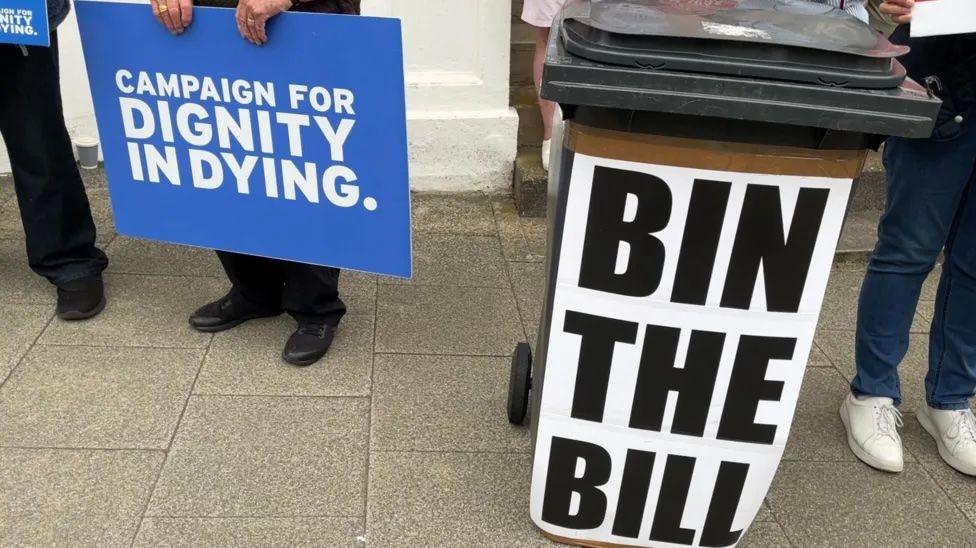
- Published29 April 2024
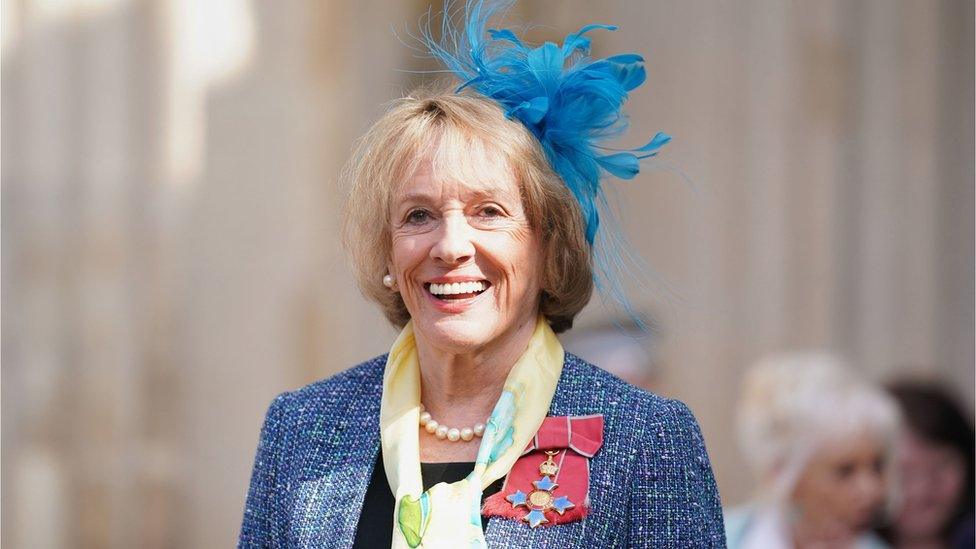
- Published8 May 2024
